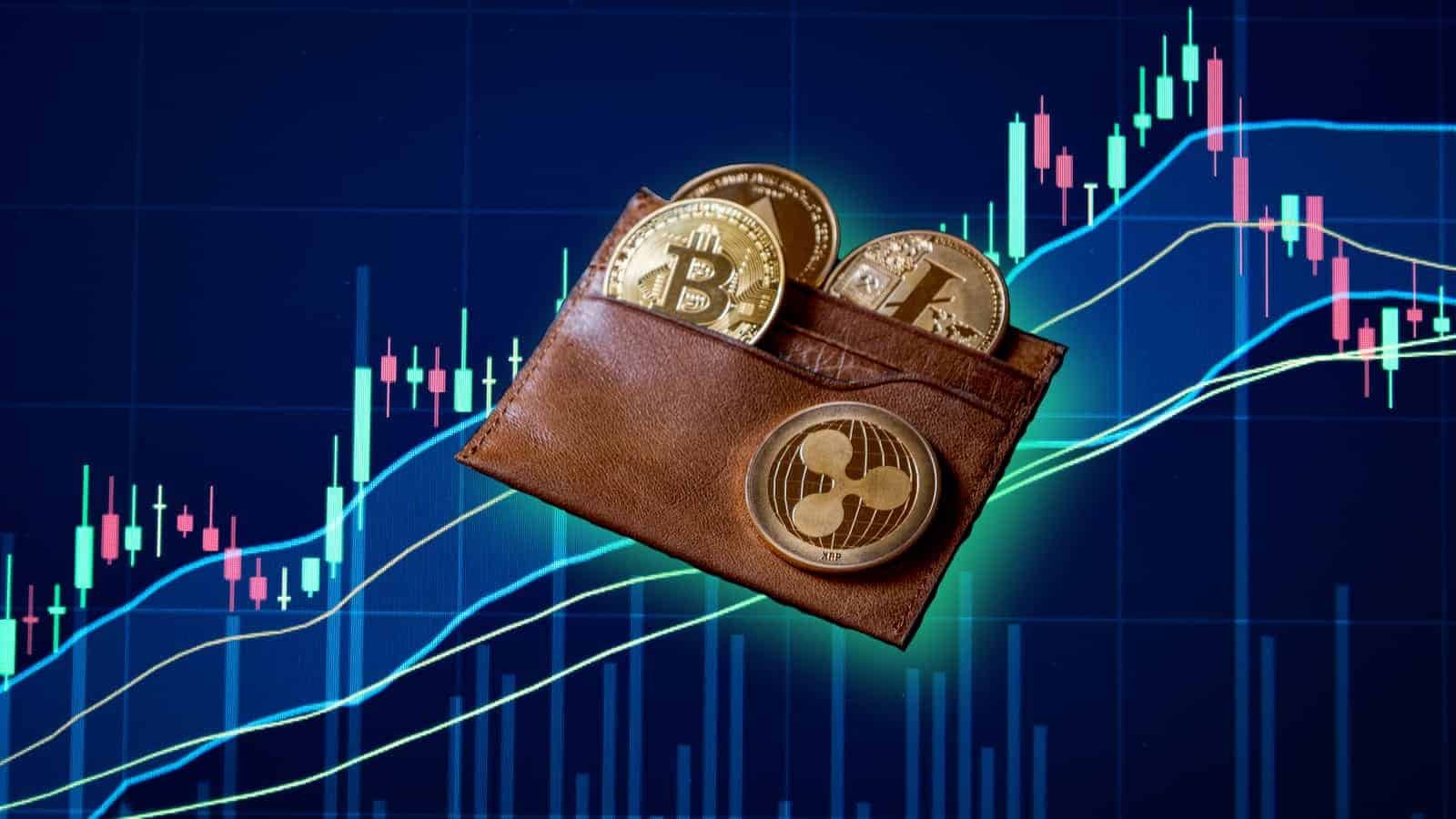
Digital assets have become increasingly important in our technology-driven world. These assets include cryptocurrencies like Bitcoin and Ethereum, digital art (often referred to as NFTs), and even virtual currencies used in online games. Digital assets are essentially items that exist in a digital format and can be owned, bought, or sold. They are stored and managed using digital wallets and exchanged on cryptocurrency platforms.
As more people learn about these assets, the interest in trading and investing in them has skyrocketed. This growing interest has led to the development of various platforms that facilitate transactions and storage. Understanding how digital assets work is essential for anyone looking to engage in this exciting new frontier. Whether you are a casual user, a gamer, or an investor, knowing about digital assets can help you navigate this evolving landscape effectively.
What is a Digital Wallet?
A digital wallet is a tool that allows users to store and manage their digital assets securely. It functions similarly to a traditional wallet but in a virtual form. Digital wallets can hold various types of assets, including cryptocurrencies, loyalty cards, and even digital tickets. They come in two main types: hot wallets and cold wallets.
Hot wallets are connected to the internet and allow for quick access and transactions. They are convenient for frequent trading but are more susceptible to cyber threats. Cold wallets, on the other hand, are offline and provide enhanced security for long-term storage. They are ideal for users who plan to hold their assets without frequent trading. Understanding the different types of wallets is crucial for anyone looking to safely manage their digital assets.
What is a Cryptocurrency Exchange?
A cryptocurrency exchange is a platform that facilitates the buying, selling, and trading of digital assets. These exchanges serve as intermediaries, allowing users to exchange one type of asset for another, such as trading Bitcoin for Ethereum. There are two primary types of exchanges: centralized and decentralized.
Centralized exchanges operate like traditional banks, where a central authority manages the transactions. They offer user-friendly interfaces and high liquidity, making them popular among beginners. However, they also pose risks, as they are attractive targets for hackers. Decentralized exchanges, on the other hand, operate without a central authority. They allow users to trade directly with one another, providing more privacy and control. However, they can be more complex and less user-friendly. Knowing the differences between these exchanges is essential for anyone looking to engage in cryptocurrency trading.
How Exchanges and Wallets Work Together
Exchanges and wallets work hand-in-hand in the digital asset ecosystem. When you buy or sell digital assets, you typically use an exchange to execute the transaction. Once the transaction is completed, the assets need to be stored securely, which is where digital wallets come in.
Transferring assets between exchange and wallet is a straightforward process. After purchasing assets on an exchange, you can withdraw them to your wallet for safe keeping. Conversely, if you want to sell your assets, you would send them from your wallet back to the exchange. It’s essential to understand the transaction fees and processing times involved in these transfers, as they can vary significantly. Additionally, implementing strong security measures, such as two-factor authentication, can protect your assets during these transactions.
Choosing the Right Wallet for Your Needs
Selecting the right digital wallet is crucial for managing your digital assets safely. Several factors should be considered when making this decision. First, consider the types of assets you plan to store. Some wallets support a wide range of cryptocurrencies, while others may be limited to specific coins.
Next, evaluate the wallet’s security features. Look for wallets that offer encryption, backup options, and two-factor authentication. Ease of use is also important, especially for beginners. A user-friendly interface can make managing your assets less daunting. Some popular wallet options include software wallets like Exodus, hardware wallets like Ledger, and mobile wallets like Trust Wallet. By weighing these factors, you can choose a wallet that meets your needs and keeps your assets secure.
Tips for Using Exchanges Safely
Using cryptocurrency exchanges can be risky, but following best practices can help mitigate potential dangers. First and foremost, always choose reputable exchanges with strong security protocols. Research their history and read user reviews to gauge their reliability.
Implementing two-factor authentication adds an extra layer of security to your account, making it harder for unauthorized users to access your funds. Avoid sharing sensitive information and be cautious of phishing scams. Always double-check URLs and email sources before entering personal information. Keeping your assets in a secure wallet rather than on the exchange can also reduce the risk of theft. By adopting these safety measures, you can trade with greater peace of mind.
Future Trends in Digital Wallets and Exchanges
The future of digital wallets and exchanges looks promising, with various emerging technologies set to shape their evolution. One significant trend is the rise of decentralized finance (DeFi), which offers users the ability to trade and lend without traditional banks or intermediaries. This shift could lead to increased accessibility and lower fees for users.
Moreover, advancements in blockchain technology are making transactions faster and more secure. Innovations like smart contracts are also expected to play a significant role in how exchanges operate. As the digital asset landscape continues to evolve, we may see more integration with everyday financial systems, making it easier for individuals to use cryptocurrencies in their daily lives. Staying informed about these trends can help users make better decisions regarding their digital assets.
Conclusion
In summary, understanding the relationship between exchanges and wallets is essential for anyone looking to navigate the world of digital assets. From selecting the right wallet to using exchanges safely, being informed can significantly enhance your experience. As technology continues to advance, staying updated on the latest trends will also be crucial. Whether you are a casual user or an aspiring investor, engaging with digital assets can offer exciting opportunities, provided you approach it with knowledge and caution.

